The imaginary life of one of the world’s most famous authors, Emily Brontë. Emily is the inspiring, exhilarating, and uplifting journey of a rebel and misfit toward female maturity. Exploring the relationships that inspired her – her raw and passionate relationship with her sisters Charlotte and Anne, her painful and forbidden first love for Weightman, and her attention to her idolized brother Branwell, the film paints a portrait of one of the world’s most enigmatic and provocative writers, who died too soon at the age of 30.
Our rate : ***
The influence of Emily Bronte on director Frances O Connor is not unlike Jane Campion‘s relationship with literature (in general, but also with Bronte). It is necessary to translate to the screen the nobility of poetry, to give thanks to a form of romanticism, where nature accompanies the destinies of women (or men) inspired and inspiring. Frances O Connor invites the viewer, for a little less than two hours, to observe the world in the manner of Emily Bronte. Feeling is central, and the challenge is precisely to make it come out, through images, through words – in short, to propose an art film.
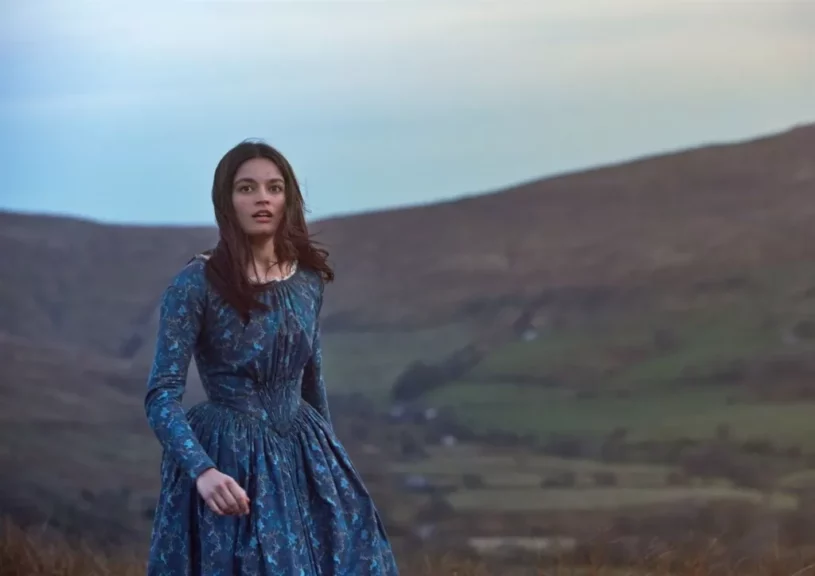
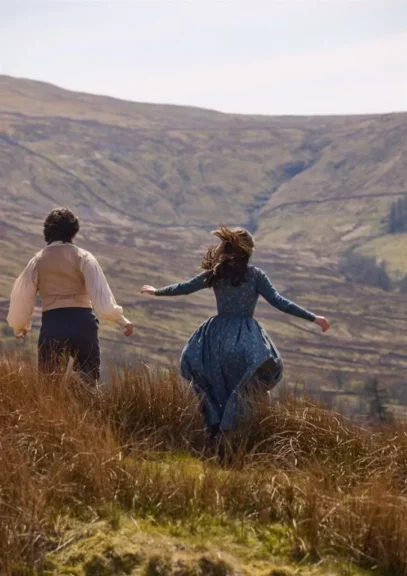
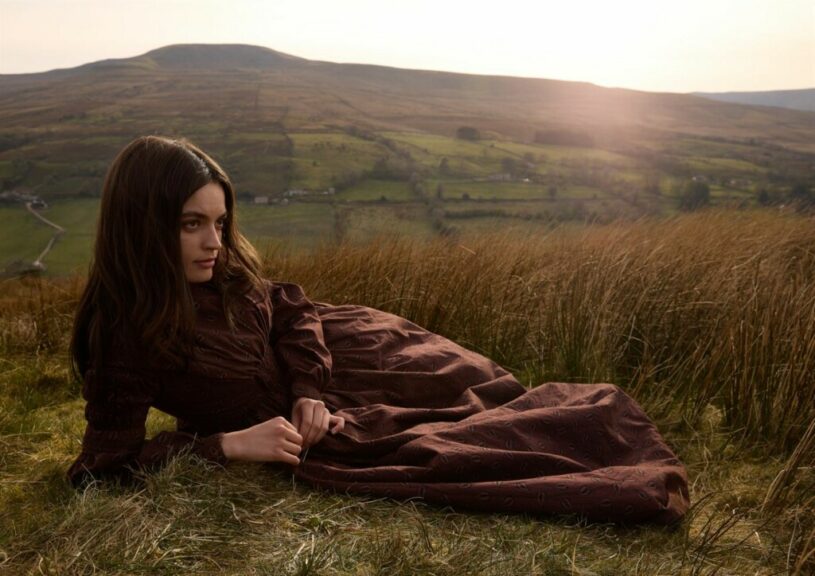
Emily also deals with family, whether it is the attraction and the assumed love of our heroine (interesting Emma Mackay) with her brother, fanstastic, free but superficial, and inconsistent, or the radically opposed one with her sister Charlotte, much colder, made of resentments, disappointments, rivalries, petty jealousies, and differences of opinion but otherwise more complex (love-hate, repressed love or complex love in contradiction with the simple and natural love with her brother).
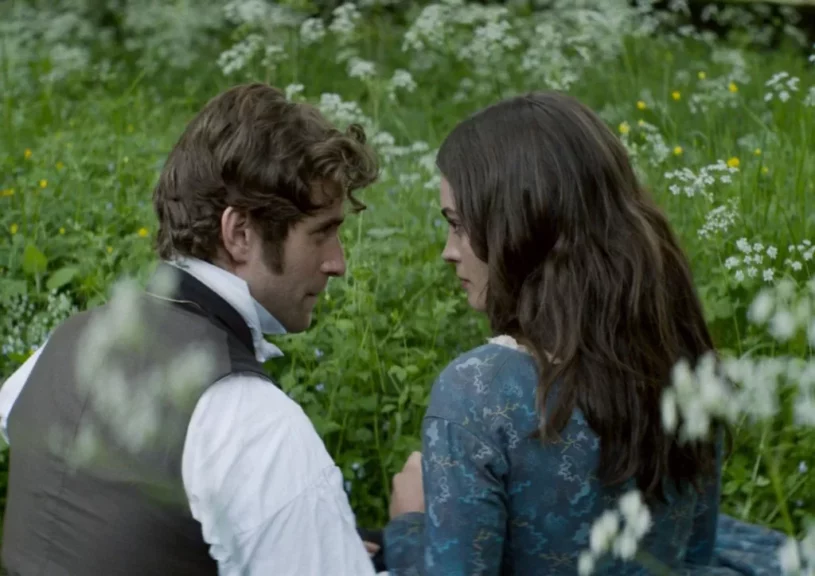
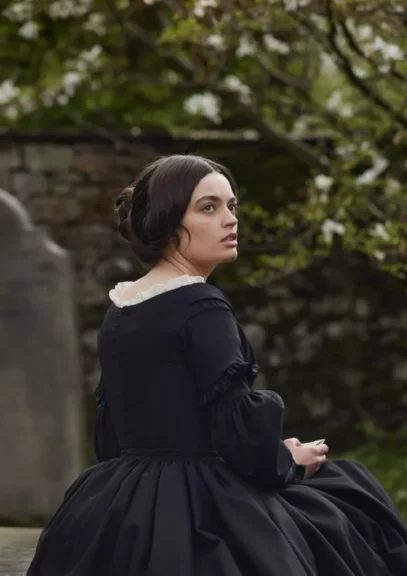
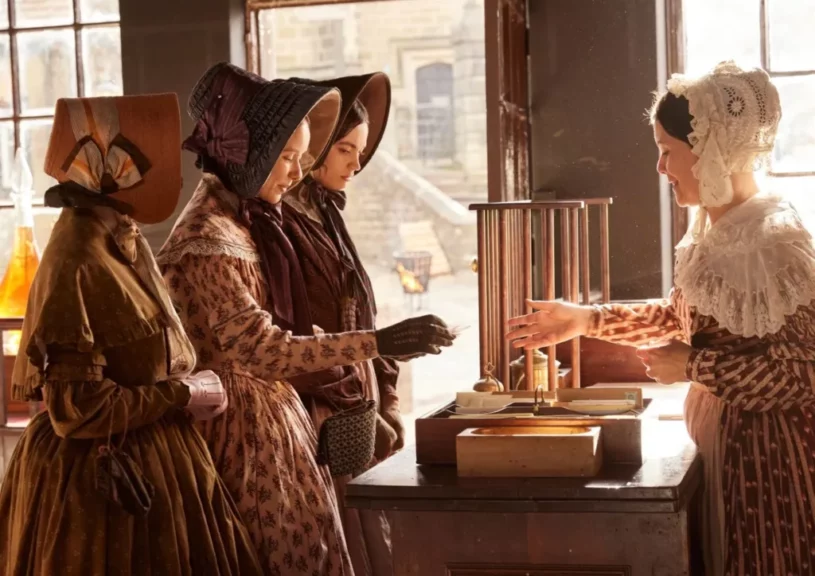
Love is also at stake, in the relationship that Emily Bronte forms with the man who is entrusted with part of her education, despite a great difference in vision on how to approach life (excess, passion in opposition to rigor, to moralistic austerity). Emily likes to provoke, she likes to escape, she likes to run, to keep her childlike soul, and to break the rules. The film may not reach the grace of Jane Campion‘s Bright Star, but it succeeds in this almost imposed exercise of transposing us into the very work of Emily Bronte, in these Wuthering Heights, so lyrical, and to bring us out of it, sometimes with an interesting cinematic skill and inventiveness.
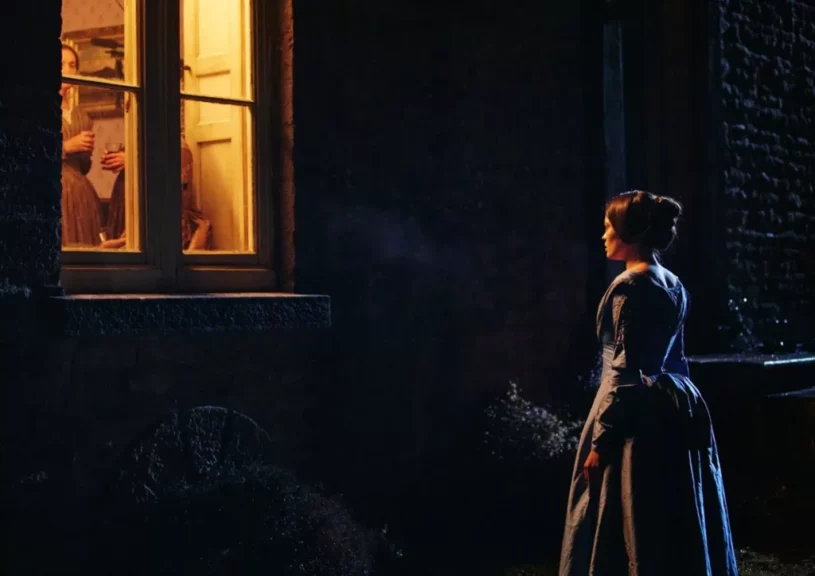
Thus, between the very written words, we can detect some very nice shots, some nice transitions, some well constructed images that emerge from a mostly more classical and applied whole. Let’s come back to the remarkable work on the language, the proses borrowed from Bronte’s writings, but also the one on the French language, in which Frances O Connor, but also Emma Mackay, particularly credible as Emily Bronte, are involved.

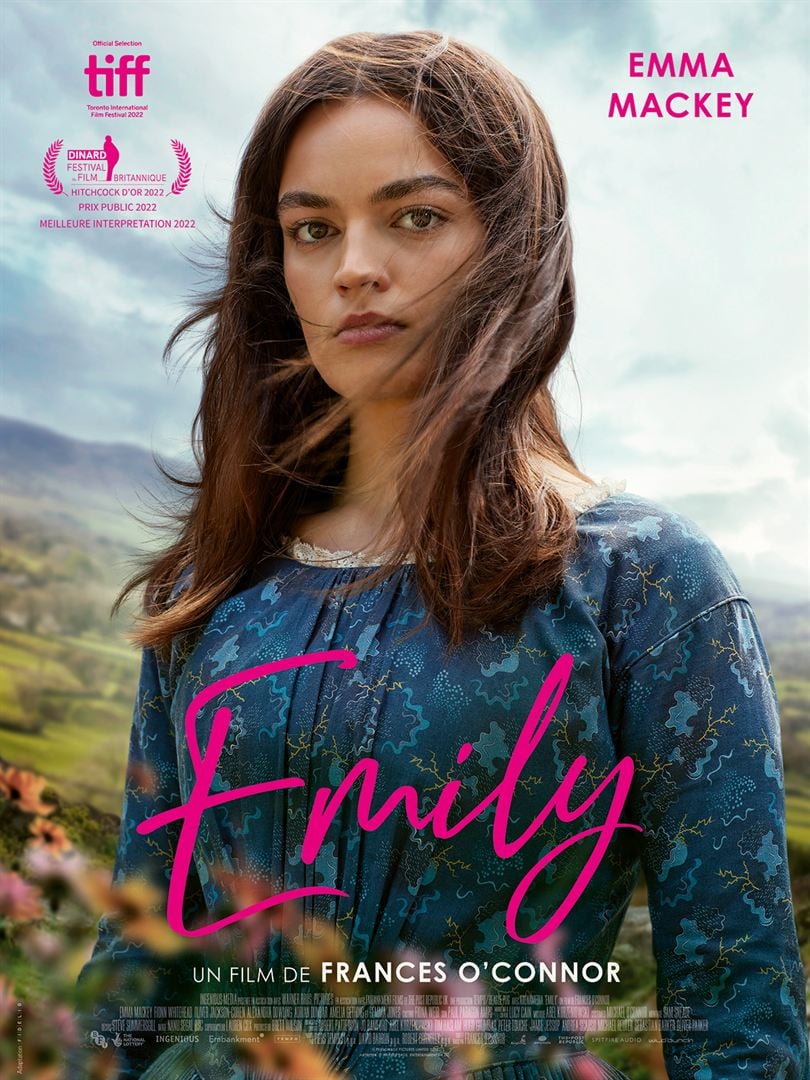
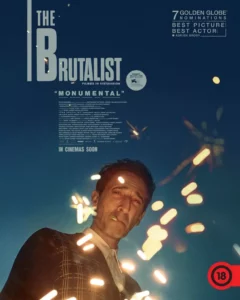
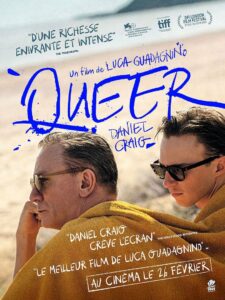

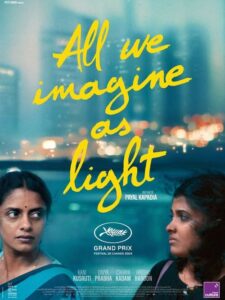
Be First to Comment